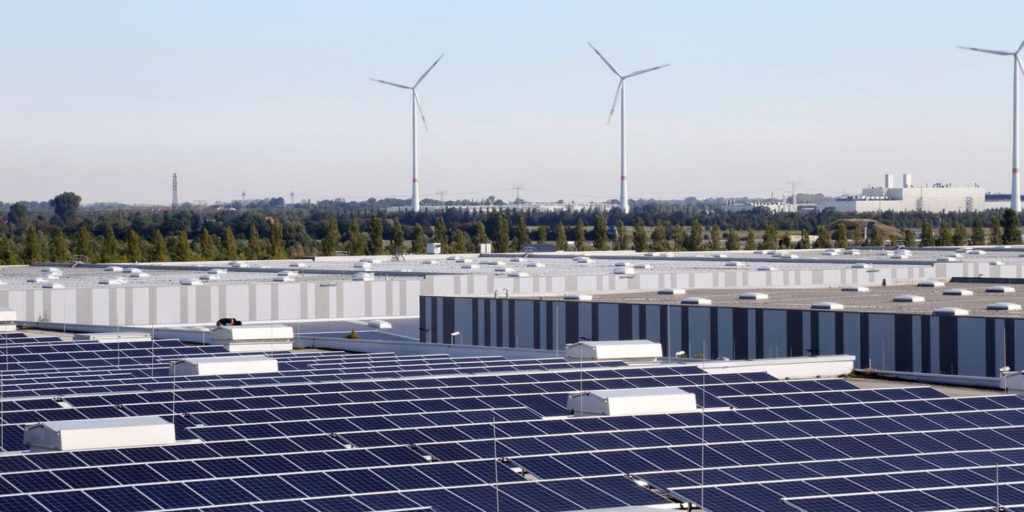Network operators use system services to ensure the quality of generated electricity. At the same time, unforeseen additional demand can be compensated in the short term via energy storage. So far, however, the operators are only using the required facilities individually.
Researchers are now developing a hybrid compensation system, under the direction of the Technical University of Dortmund (TU Dortmund). “With our project, we want to expand the possible uses of battery storage systems and reduce the number of systems that provide the system services,” explains Ralf Böhm, research assistant at the at the Friedrich Alexander University (FAU) Erlangen-Nürnberg. His team conceived the crucial control technology that unites the individual components of the system.
In the hybrid compensation system, a freely adjustable power converter will influence the form of the voltage signals, announced the FAU scientists. In addition, the system has a flywheel storage system, which provides high amounts of energy in the short term, and a redox flow battery that can store and release large amounts of energy in the long-term.
Popular content
With the help of system services, network operators must ensure a consistently high quality of electricity supply. Photovoltaic systems, for example, feed the direct current generated by them directly into the medium and low-voltage grid via inverters. However, this creates harmonic currents that distort the voltage. This affects the voltage signal in the distribution network and thus the quality of the current, which in turn can greatly influence the functioning of equipment and machines.
The researchers want to test the compensation system in the future using a demonstration model in the medium-voltage distribution network of Stadtwerke in Haßfurt. Germany’s Federal Ministry of Economics and Technology has made 2.5 million euros available for development of the joint project “HYBKomp”.
This content is protected by copyright and may not be reused. If you want to cooperate with us and would like to reuse some of our content, please contact: editors@pv-magazine.com.


I was looking through TU Dortmund and Friedrich Alexander University to read further on this project but I couldn’t find anything.
Can you please send me a few links to the 2 Universities’ website?
Thank you